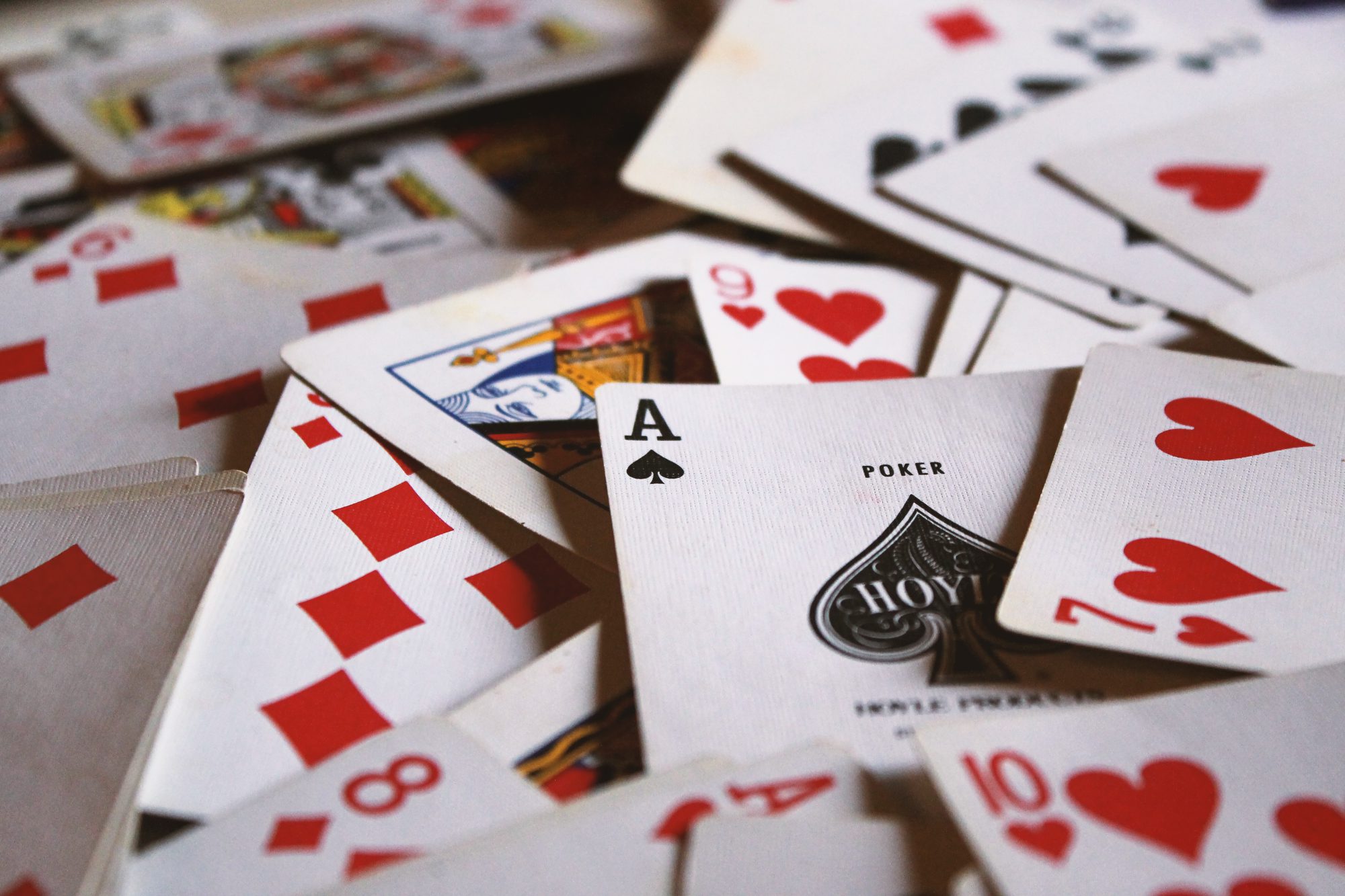Many people who are new to poker ask us questions that experts wouldn’t even think to ask. One of our readers recently asked us what a “overcard” is in poker and how to use this term in any situation. Because this question is so common, we decided to make a separate page to explain what a “overcard” is in poker.
An overcard is a card that is worth more than any other card in the deck. It could be the player’s own cards, the outcome of the flip, or even the number of cards in an opponent’s hand.
In Texas Hold’em, the following examples show how “overcards” work:
The cards A K are held by one player.
There is a K, a 5, and a 2.
In this case, the player is in a good position because he “hit” the king and his ace is a better card than the flip. This overcard is good in two ways for the player. Then, if an ace opens on the next street, he gets a second strong pair. Second, even if an Ace doesn’t come out, he will still be in the lead on the board because he has a top pair and a strong kicker.
A player has the cards K Q in their hand.
He has 7 5 2 and is holding the flip.
Even though this position isn’t as good as the one before it, the player still has a good chance of making the deal. He has strong overcards in the form of a king and a queen, giving him a 25% chance of hitting either the turn or river card. Even if he doesn’t get a king or queen, he may still win the pot if none of his opponents hit the board or have an older overcard, like an ace.
The player has Q 7 in their hands.
He loses with A, K, Q, and J.
Even if the player gets a pair of aces, the situation is not good for him. On the flip, there is a queen and two more overcards, an ace and a king. Because of this, if one of our opponents came to the flip with an ace or a king, our player is already at a disadvantage. But sometimes it’s enough to just put a solid bet, which will help you figure out how “serious” your opponents are, to check if they’re going to hit.

